In an effort to stop rushing around the way Emmy Rossum elegantly captures in her song “Slow Me Down,” a little over a month ago I took both The Focus Course and The Margin Course. I wanted to learn how to make better progress on important projects with less racing around and more breathing room.
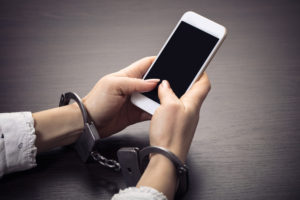 Assignments in both courses asked me to identify distractions that interfered with my ability to focus. I came up with a list of 11 types, including email, my phone, my Fitbit, social media and even OCD. However, while sometimes I can get sucked into a social media vortex or mindlessly waste time texting friends, the hands down biggest distraction for me was email. I was checking and responding to email on my laptop about 20 to 40 times a day, like I was handcuffed to my computer! (Believe it or not, I don’t have email or social media on my phone, because I’ve always known that for me it would be a way too tempting distraction.)
Assignments in both courses asked me to identify distractions that interfered with my ability to focus. I came up with a list of 11 types, including email, my phone, my Fitbit, social media and even OCD. However, while sometimes I can get sucked into a social media vortex or mindlessly waste time texting friends, the hands down biggest distraction for me was email. I was checking and responding to email on my laptop about 20 to 40 times a day, like I was handcuffed to my computer! (Believe it or not, I don’t have email or social media on my phone, because I’ve always known that for me it would be a way too tempting distraction.)
With the help of information presented in the courses, I therefore decided to make some drastic changes, including:
- Unsubscribing from all emails that I didn’t have time or want to read
- Limiting the number of times I could check email each day and scheduling those times in my calendar
- Disabling all notifications of new emails on my laptop
- Removing my Mail program from the Dock on my laptop, so the only way I could open it was to go find it in Applications.
I thought these changes would net me more time to do focused work. I had no idea they would also strengthen my OCD recovery.
The disorder behind the curtain
Excruciating is a good way to describe the first week I implemented my email changes. I felt a physical pull toward my laptop almost constantly throughout the day. I made excuses to find Mail in Applications and open it. In a proxy for email checking, I’d check my texts on my phone instead, just to see what I might have received.
It was as if there was something in my mind telling me I just had to know what was going on, right then and there. Which is when I had my Aha! moment.
 I realized that all this checking—not just of email, but of social media, texts, and devices in general—was both being driven by and revving up my OCD. I suddenly felt like Dorothy when Toto pulled back the curtain in The Wizard of Oz to reveal that the “Great and Powerful Oz” was just an ordinary man with a megaphone.
I realized that all this checking—not just of email, but of social media, texts, and devices in general—was both being driven by and revving up my OCD. I suddenly felt like Dorothy when Toto pulled back the curtain in The Wizard of Oz to reveal that the “Great and Powerful Oz” was just an ordinary man with a megaphone.
The curtain pushed aside, I recognized five ways OCD was both fueling and being fueled by my checking behavior:
- There’s a type of OCD called “need to know,” and that accurately describes how I felt about all electronic communication. Since I could know what someone had sent me, I needed to know. Right then. Five minutes later there could be new messages, so I needed to know about those, too, which necessitated more checking. And so on to infinity (and beyond).
- My OCD takes the perspective that the next catastrophe is just around the corner and that I need to stay watchful and cautious to make sure nothing bad happens. I bet at least some of my compulsive checking of e-communications was to reassure myself that nothing “bad” had happened. Yet. And that “yet” is key, because by engaging in this checking, I was unknowingly reinforcing OCD’s belief that the world was indeed a very scary place that needed to be checked and monitored often to keep “yet” far out in the future.
- A prevalent issue for those of us with OCD is people pleasing. And boy, did checking email constantly and dropping whatever I had been doing to respond give me the opportunity to put my people pleasing “skills” to work. The result? I certainly wasn’t pleased, because I wasn’t getting anything important done.
- OCD can demand completeness. This means I can only breathe and stop focusing on email when my inbox is empty. Which never happens for any length of time.
- Finally, there’s avoidance. By keeping myself “busy” with email, I was avoiding doing work of real significance. Because meaningful work is often scary. You have to get started, make decisions, concentrate, identify and correct mistakes, understand it’s never going to be perfect, and put it out into the world anyway. It is much easier to do email all day, because performing work of value can be an exercise in exposure and response prevention.
The real magic of not checking
Once I recognized that my OCD had tricked me into doing its bidding, I doubled down on reducing the amount of time I spent on email and learned that not listening to the man behind the curtain allowed the real magic to occur. Because after 5+ weeks of greatly reduced email checking I now feel almost no urge to check it. The handcuffs have disappeared! For instance, it’s 3 p.m. on a weekday right now and I have not yet checked email today, and I won’t until 4:15 p.m., which is the time I’ve scheduled for working on it. I still respond to all emails, but I do it at a set time instead of continually throughout the day. As a result, I have cleared several hours a day I’m now devoting to projects that were previously stalled out due to “lack of time.”
 I’d anticipated those results, but I’d not foreseen that my general anxiety level would decrease as well. I didn’t realize how my compulsive checking of email was creating an overall angsty, agitated feeling. It was a sense that I was somehow being chased and that I needed to keep checking around me to see how close my “assailant” was. My brain has now learned all this electronic checking isn’t necessary, and that feeling of hypervigilance has disappeared.
I’d anticipated those results, but I’d not foreseen that my general anxiety level would decrease as well. I didn’t realize how my compulsive checking of email was creating an overall angsty, agitated feeling. It was a sense that I was somehow being chased and that I needed to keep checking around me to see how close my “assailant” was. My brain has now learned all this electronic checking isn’t necessary, and that feeling of hypervigilance has disappeared.
Even more magical and surprising is that my OCD is a lot less talkative. It used to pipe up and make random comments throughout the day as I was working on my laptop (that I would just put my Shoulders Back and ignore), but since corralling my email checking, sometimes I don’t hear a peep out of it the whole day. It can be blessedly silent, which is the very definition of bliss.
Pulling the curtain back on technology usage
With or without OCD, all of us can feel handcuffed to technology. Knowing that if you have OCD, the disorder might be behind the curtain of that constant need to check, what changes would you be interested in trying to see how they might positively affect your OCD recovery? Some ideas you could experiment with, even for an hour or two, include:
- Taking email or social media off your phone
- Removing the visual and audio notifications from your phone or computer, so it doesn’t instantly tell you when a message is there
- Keeping track of how often you’re using email, social media, your phone, etc. and how you feel before, during and after use
- Putting your phone away out of sight with you’re with someone so it can’t distract you from the conversation
I know there are a number of folks out there already trying experiments like this to improve not only OCD recovery, but life in general, including my friend Justin Hughes who wrote this blog post about staying off social media.
P.S. I highly recommend Shawn Blanc’s The Focus Course and The Margin Course, and there are only 1 or 2 times a year in which new students can enroll, so if you’re interested in the courses, click on the links and sign up for Shawn’s email list (it’s one of the few emails I stayed subscribed to!)
If you’d like to receive notifications of new blog posts, sign up for my Shoulders Back! newsletter, and I’ll send you OCD-taming tips & resources every month.
My blogs aren’t a replacement for therapy, and I encourage all readers to find a trained ERP therapist. See the IOCDF treatment provider database for a provider near you.


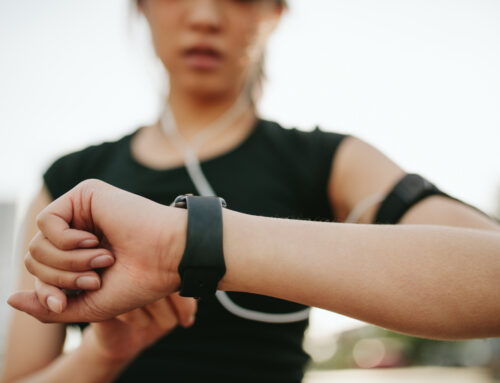
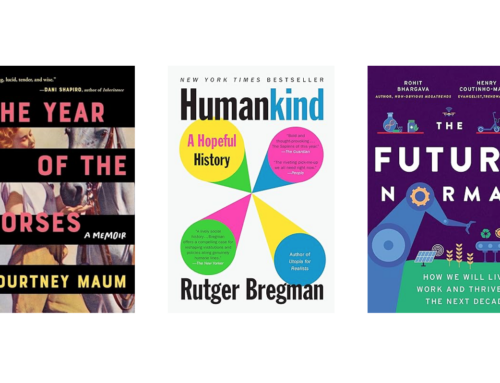

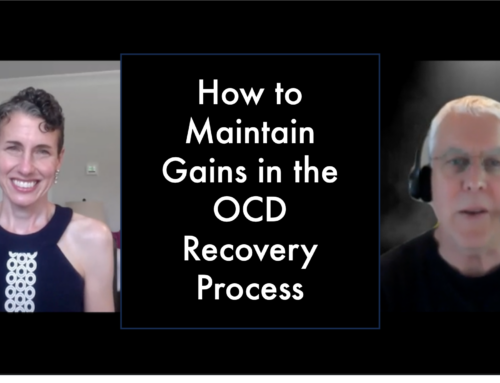
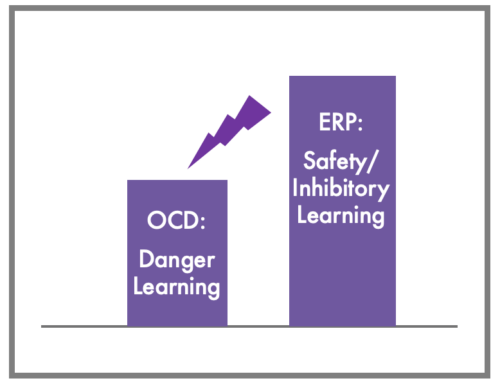
Leave A Comment